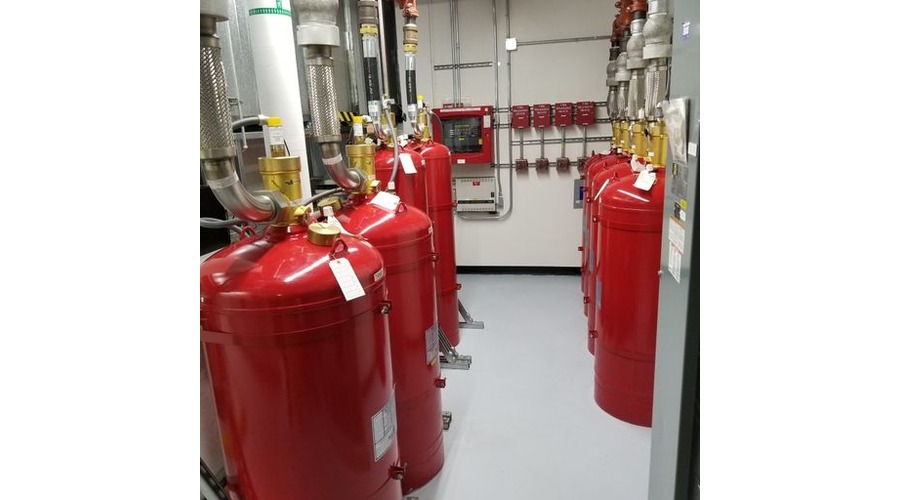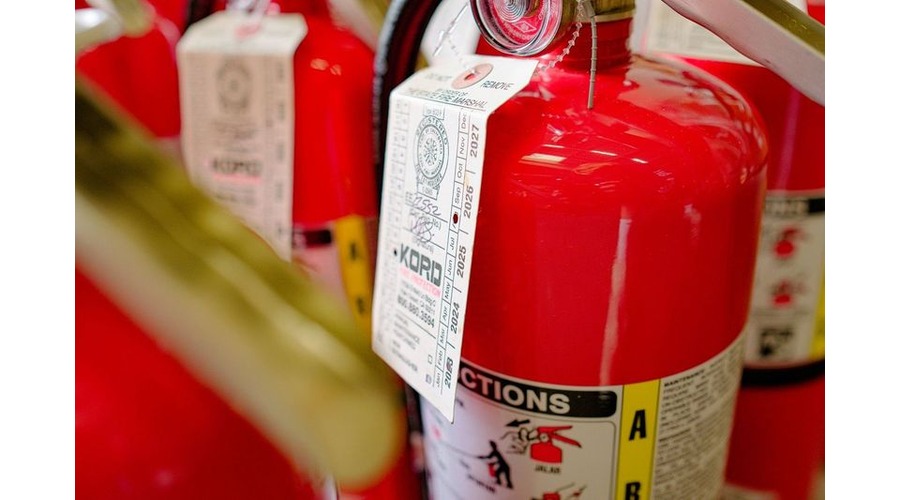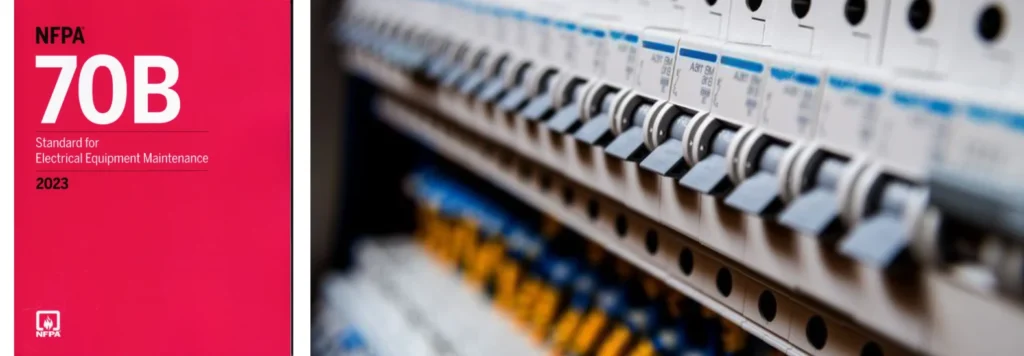

NFPA 70B: Electrical Equipment Maintenance Overview
Introduction to NFPA 70B
In the world of electrical safety, standards aren’t just recommendations: they’re vital protocols that safeguard lives, property, and productivity. One of the most important but often overlooked of these standards is NFPA 70B: Recommended Practice for Electrical Equipment Maintenance. This guide, published by the National Fire Protection Association (NFPA), serves as a critical resource for anyone responsible for maintaining electrical systems, from facility managers and electricians to safety officers and industrial engineers.
It provides detailed recommendations on maintaining electrical systems in safe and operational conditions. Unlike NFPA 70, which focuses on installation requirements, 70B zeroes in on maintenance practices, ensuring that once systems are installed, they continue to operate safely and efficiently.
What Is NFPA 70B and Why Was It Created?
This standard was developed to address the increasing number of electrical failures in industrial and commercial settings caused by improper maintenance or neglect. Many organizations invest heavily in electrical infrastructure but fail to implement long-term maintenance strategies. This oversight leads to preventable outages, increased safety risks, and costly repairs.
To combat this, NFPA 70B was first introduced in 1973. It was designed to bridge the gap between installation (covered by NFPA 70) and operational safety (addressed in NFPA 70E, which focuses on electrical safety in the workplace). This code is focused on how to properly maintain electrical systems through regular inspections, testing, cleaning, lubrication, and documentation.
Why This Code Is Critically Important
1. Reducing Equipment Failure
Poor maintenance is a leading cause of electrical equipment breakdowns. NFPA 70B outlines preventative measures that reduce the risk of failure by addressing wear and tear before it becomes a serious issue.
2. Enhancing Worker Safety
Arc flash incidents and electrical shocks can have devastating consequences. With NFPA 70B electrical equipment maintenance, facilities proactively reduce these hazards by keeping equipment in peak condition.
3. Minimizing Downtime
Scheduled maintenance prevents unexpected breakdowns, which in turn reduces unplanned downtime and improves operational efficiency.
4. Compliance and Insurance
Organizations that follow this, may have smoother interactions with insurance carriers, local authorities, and safety inspectors. Compliance demonstrates a strong safety culture and due diligence.
5. Extending Equipment Lifespan
Regular inspections and timely repairs mean that equipment can run safely for longer periods, maximizing return on investment and deferring capital expenditures.
NFPA 70B and Its New Requirements
One of the most significant developments in recent years is that NFPA 70B is transitioning from a recommended practice to a standard. As of the 2023 edition, NFPA 70B is no longer just a suggestion, it is now being treated as a mandatory standard by many organizations and jurisdictions.
Key Updates in the 2023 Edition:
- Mandatory Maintenance Schedules: Facilities must now adhere to defined maintenance intervals based on equipment type, usage, and environment.
- Risk-Based Maintenance Approach: The standard now encourages assessments of the risk level of equipment failure, helping prioritize maintenance tasks.
- Condition-Based Monitoring (CBM): Instead of relying solely on calendar-based maintenance, NFPA 70B now emphasizes the use of tools like infrared thermography, ultrasound testing, and motor circuit analysis to assess real-time equipment condition.
- Comprehensive Documentation: A major new requirement includes extensive record keeping to track inspections, test results, repairs, and equipment history.
These updates make NFPA 70B new requirements more aligned with modern safety management systems, making them crucial for facility managers and safety professionals to understand and implement.
How This Helps Organizations
For Facility Managers
NFPA 70B offers clear, structured guidance on how to set up and maintain a comprehensive electrical maintenance program, reducing liability and increasing asset performance.
For Electricians and Technicians
Technicians can follow standardized maintenance procedures, reducing guesswork and helping to ensure safety protocols are met consistently.
For Safety Officers
With the adoption of training, safety personnel gain the tools needed to implement proactive maintenance strategies and reduce workplace incidents.
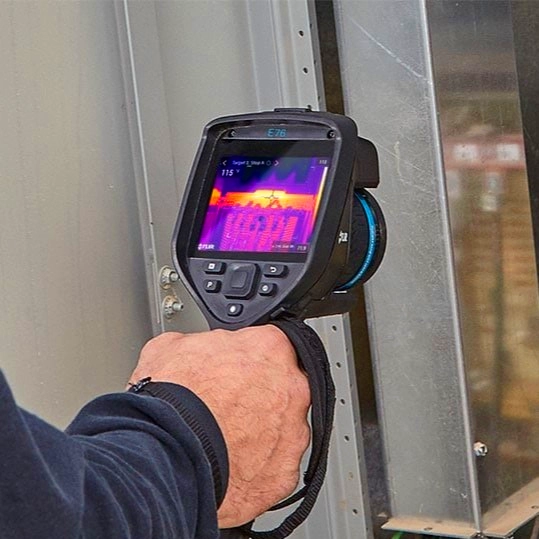

Is your electrical maintenance program up to code?
Upgrade your maintenance plan, train your team, and stay ahead of electrical failures. Start today.
NFPA 70B vs. Other NFPA Codes
While this code works in close alignment with other NFPA standards, its focus is unique:
| Standard | Focus |
|---|---|
| NFPA 70 | Electrical installations (National Electrical Code – NEC) |
| NFPA 70E | Electrical safety in the workplace (focuses on arc flash, shock) |
| NFPA 70B | Electrical equipment maintenance (maintenance planning, testing, recordkeeping) |
Think of these standards as different phases of the same electrical lifecycle:
- Install safely with NFPA 70
- Work safely with NFPA 70E
- Maintain reliably with NFPA 70B
Together, they create a full-circle approach to electrical safety and reliability.
What’s Included in the 70B standard?
1. Maintenance Intervals
The standard provides interval schedules for inspection and testing, based on equipment type and environment (e.g., high dust, high humidity).
2. Thermal Imaging
This code outlines the use of infrared thermography to identify hotspots, loose connections, and overloaded circuits — a key feature of condition-based monitoring.
3. Electrical Testing Procedures
It includes methods for insulation resistance testing, continuity tests, ground resistance tests, and more.
4. Battery and UPS System Maintenance
Guidelines ensure these critical systems are ready during power failures, including cleaning terminals, checking fluid levels, and load testing.
5. Record keeping and Documentation
Facilities must retain detailed logs of all maintenance activities, test results, and corrective actions for compliance and diagnostics.
Common Misconceptions
“It’s only for big facilities.”
Even small commercial facilities benefit from structured maintenance to reduce downtime and improve safety.
“It’s just a recommendation.”
As of the 2023 edition, NFPA 70B is no longer just a best practice — it’s being enforced by many jurisdictions.
“We maintain equipment when it breaks.”
That’s corrective maintenance. NFPA 70B promotes preventive and predictive maintenance to avoid breakdowns.
NFPA 70B FAQ
Make NFPA 70B Part of Your Safety Culture
The adoption of NFPA 70B is more than just a compliance checkbox — it’s a commitment to reliability, safety, and operational excellence. In today’s fast-paced, technology-driven environment, ensuring that electrical systems are maintained correctly is non-negotiable.
From reducing unplanned outages to protecting your personnel from harm, these comprehensive maintenance guidelines are essential to any facility with electrical infrastructure. With the 2023 updates elevating it from a recommendation to a standard, there has never been a better time to invest in NFPA 70B training, update your maintenance procedures, and align with the NFPA 70B new requirements.
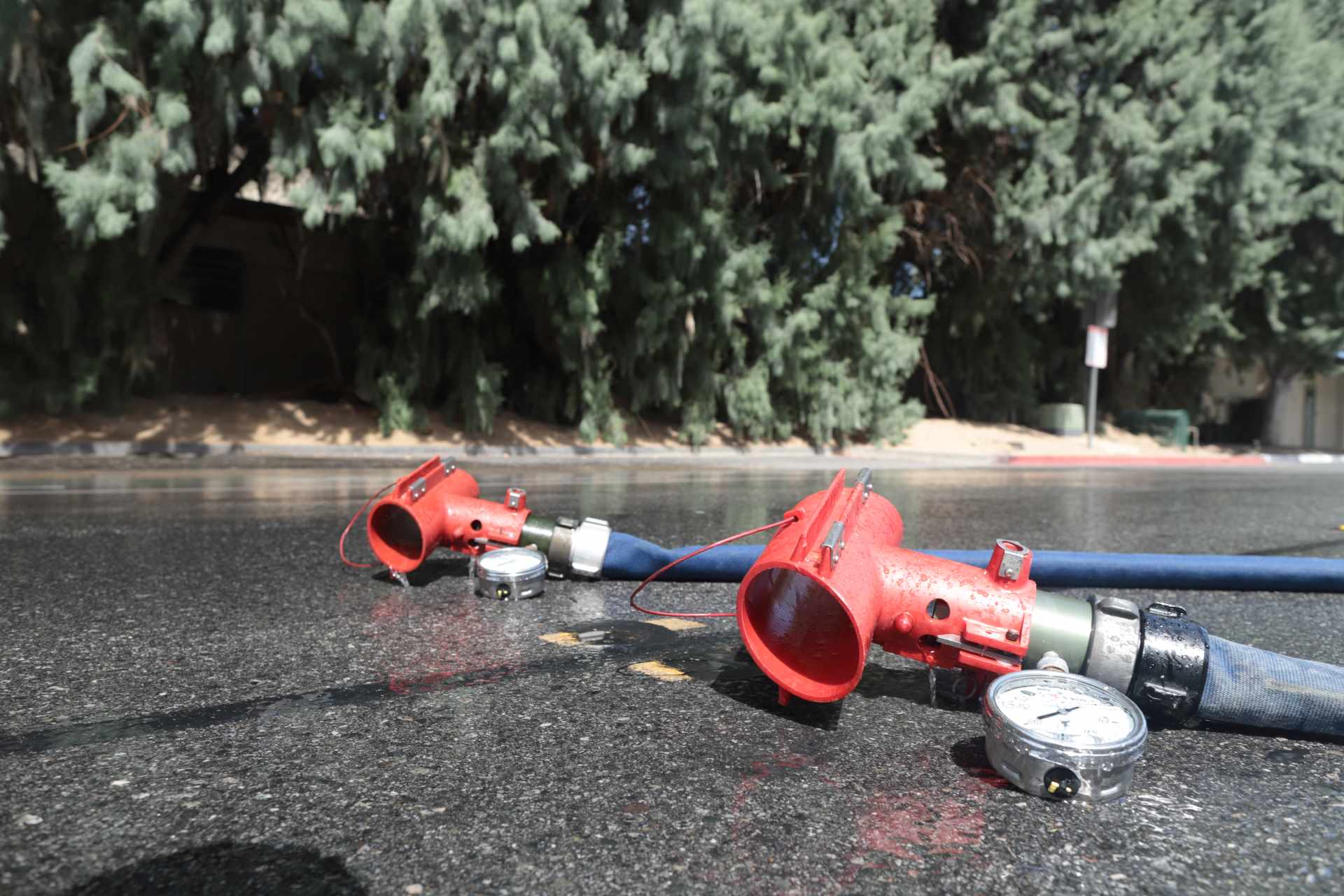

Protect Your Property
Get the latest fire safety tips delivered straight to your inbox.

